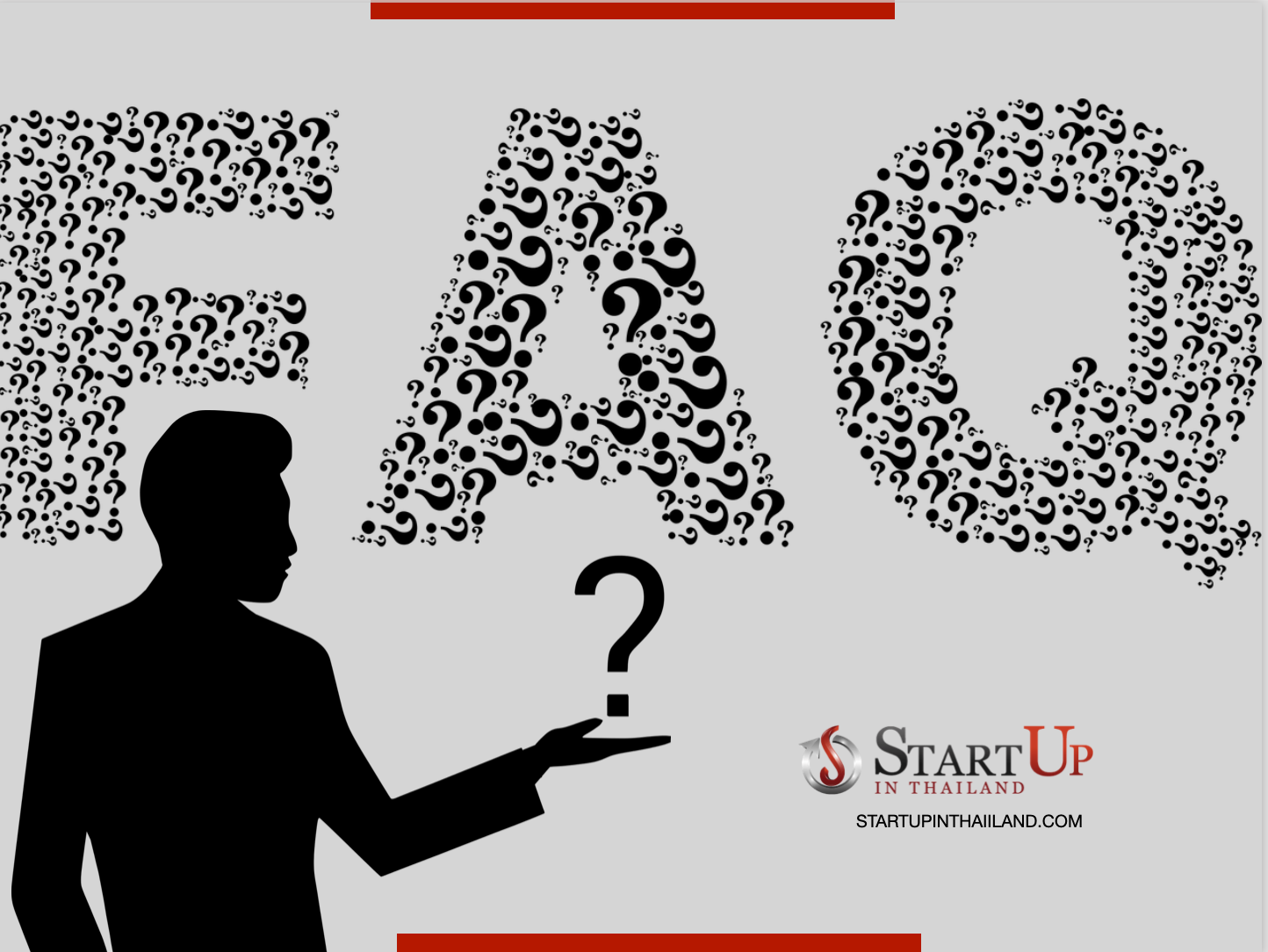Opening an export-import or trading business in Thailand as a foreigner involves several steps. Here are some of the best ways to establish such a business:
- Market Research: Conduct thorough market research to identify potential export or import opportunities in Thailand. Evaluate market demand, competition, regulatory requirements, and potential customers or partners. This research will help you determine the viability and potential success of your business.
- Business Structure: Decide on the appropriate business structure for your export-import or trading business in Thailand. The options include setting up a Thai limited company, a representative office, or forming a partnership with a local company. Each structure has its own requirements, benefits, and limitations, so it is advisable to consult with a legal professional or business advisor to determine the best structure for your specific situation.
- Company Registration: Register your company with the Department of Business Development (DBD) in Thailand. This involves preparing the necessary documents, such as memorandum and articles of association, appointment of directors, and shareholder information. Engage the services of a reputable law firm or business consultant to assist with the registration process and ensure compliance with Thai laws and regulations.
- Obtain Licenses and Permits: Depending on the nature of your export-import or trading business, you may need to obtain specific licenses and permits. For example, certain products require import/export licenses, while others may have additional regulations or restrictions. Research the relevant licenses and permits required for your specific industry and ensure that you comply with all legal requirements.
- Tax Registration: Register for tax purposes with the Revenue Department in Thailand. This includes obtaining a tax identification number, VAT registration (if applicable), and understanding the tax obligations and filing requirements for your business. Consider engaging an accountant or tax advisor to assist with tax registration and ongoing compliance.
- Bank Account: Open a corporate bank account in Thailand. To facilitate import-export transactions, having a local bank account is essential. Consult with different banks to compare services, fees, and requirements for opening a business account.
- Logistics and Customs: Familiarize yourself with the logistics and customs procedures for importing and exporting goods in Thailand. Understand the documentation requirements, customs duties, tariffs, and any applicable trade agreements or restrictions. Engaging a reputable freight forwarder or logistics company can help facilitate smooth import-export operations.
- Network and Partnerships: Build a network of contacts and establish partnerships with suppliers, buyers, agents, or distributors in Thailand. Attend trade fairs, industry events, and business networking sessions to connect with potential partners and customers. Developing relationships with local businesses can greatly assist in expanding your trading operations.
- Compliance and Documentation: Ensure strict compliance with all relevant laws, regulations, and documentation requirements. Maintain accurate records of transactions, invoices, shipping documents, and contracts. Comply with customs procedures, product labeling requirements, and any industry-specific regulations.
- Seek Professional Guidance: It is advisable to seek professional guidance from lawyers, accountants, or business consultants who have expertise in Thai business laws, customs, and trade regulations. They can provide valuable insights, ensure compliance, and assist with navigating the complexities of setting up and operating an export-import or trading business in Thailand.
Remember that the specific requirements and procedures may vary based on the nature of your business, the products you deal with, and any applicable trade agreements. Engaging local expertise will help you navigate the process more effectively and ensure a smooth establishment of your export-import or trading business in Thailand.
Contact Startup in Thailand for professional startup consulting if you are contemplating to set up a business in Thailand.
Let the Startup Specialists handhold you for doing business in Thailand.
Interesting Reads :
- What are the Do’s and Dont’s in Thailand?
- What is smart visa in Thailand and the process to get it
- What is the most popular business set up for foreigners in Thailand?
- What are the various type of visas available in Thailand?
Take a FREE Online Consultation here or get essential tips by downloading this e-Book on how to Startup in Thailand.


